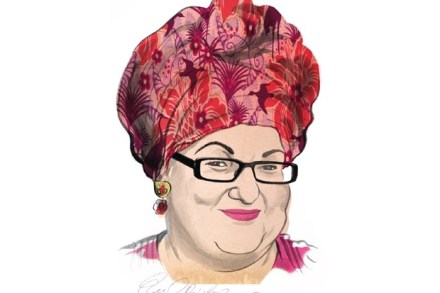David Cameron cannot escape blame for the Kids Company scandal
Today’s National Audit Office report into the collapse of Kids Company shines new light on the scandal. It shows that the charity received at least £46 million of public money during its 19 year existence despite repeated warnings from civil servants that funding it was unwise. The report also shows that ministers thought they knew best, and that many senior politicians ignored the concerns being raised. These MPs happily approved of the public purse being dipped into at the request of the charity’s founder, Camila Batmanghelidjh, and her chairman of trustees, BBC executive Alan Yentob, while at the same time other charitable organisations were given far less. Whether the state should bankroll





















